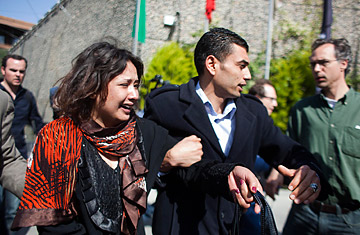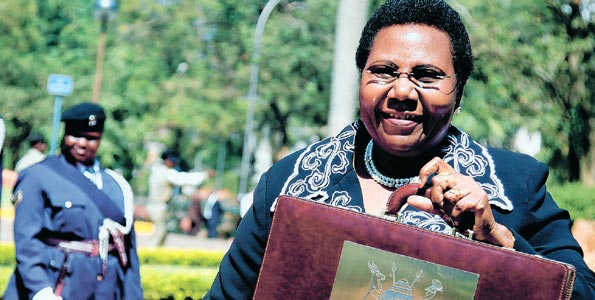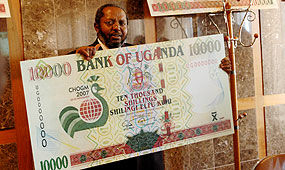The Prosecutor of International Criminal Court Luis Moreno Ocampo easily made headlines when he told reporters in New York he had new evidence that rape was being used as a weapon of war in Libya. This information is important if in fact it were true (there is no reason to doubt Ocampo even though he did not elaborate. Earlier reports from groups like Amnesty had caught on to this). But there are a lot of reasons to be skeptical.
Firstly the other region most associated with the worst episode of mass rapes that follow a military logic is the Democratic Republic of Congo. But as recent commentary and studies suggest this horrible crime against women ( by soldiers, militias and generally within the brutalized population itself) is not properly grasped, is exaggerated, and its context so distorted that it disfigures the bigger political crisis at hand.
By “prematurely” putting this issue on the table of the Libyan crisis Ocampo may not be achieving more than the demonization of the Gadaffi regime which he has indicated he will investigate for war crimes- but perhaps worse for the actual victims of the crime (and not inadvertently so) using the rape issue as a prop to continue mobilizing public pressure and isolation against the Gadaffi regime.
As a prosecutor one hopes he knows better. Rape is a terrible crime not to be taken lightly. If Ocampo does have enough evidence he should bring to before the Court sooner than later.
If he does not make a strong case it would be truly sad. Its objectionable that in his public statements he says simply that he “might” add the charge of rape to other charges as if the evidence he has chosen to speak of is something his office is still evaluating.
The Libyan crisis as it stands is very complex with many victims which at least should form part of the ICC ( through Ocampo’s public statements) view of the situation. The UN reported for example that 15,000 people have now died from what is a civil war. Crimes are being committed on both sides amongst them horrific xenophobic attacks on black Africans that get little mention. The war itself seems set to continue with civilians taking much of the brunt.
Fleeing Libyans are drowning in their hundreds in the sea even as news reports quickly latch on to easily recognizable narratives of conflicts in Africa.










